16 Tips To Help You Raise A Well-Behaved Dog
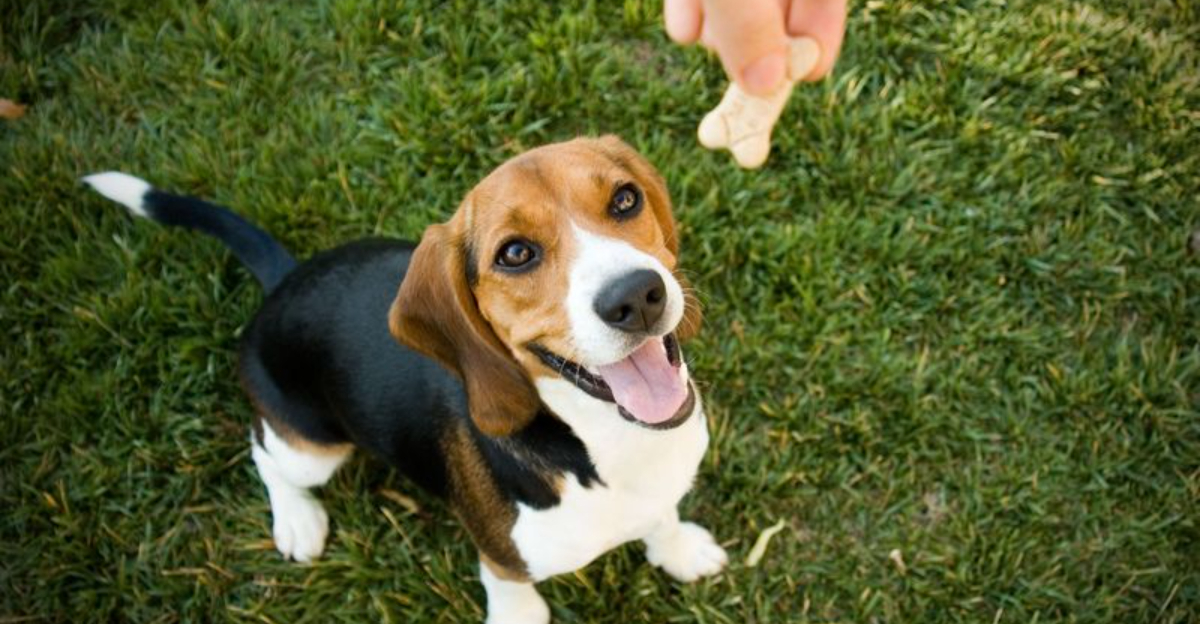
Ever met a dog that seems to have majored in manners? It’s not magic – it’s training! A well-behaved dog is the result of patience, consistency, and love.
From understanding what makes your pup tick to setting boundaries, let’s explore engaging tips to help you raise a furry friend that’s as delightful as a wagging tail!
1. Positive Reinforcement
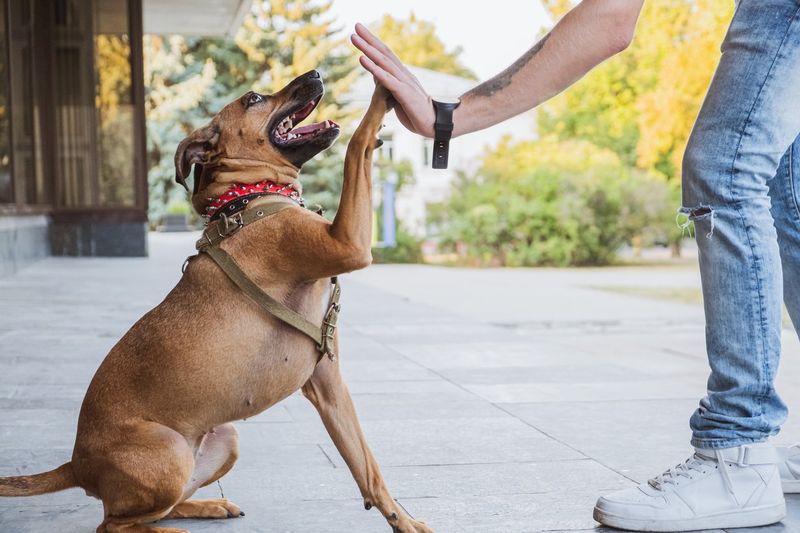
Imagine rewarding your dog with a tasty treat for every good deed. Positive reinforcement involves celebrating your pup’s achievements, however small.
Choose rewards that make your dog’s tail wag with joy, and be consistent in using them to reinforce good habits.
2. Consistency Is Key
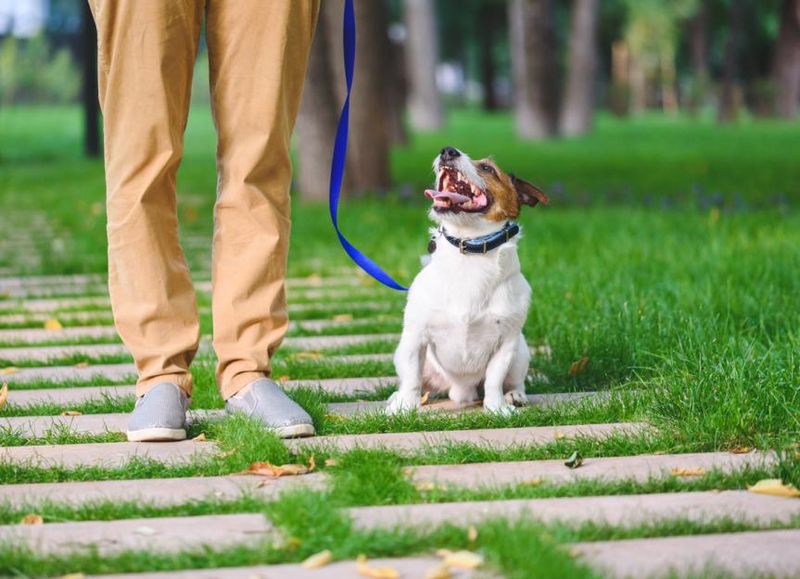
Consistency in training is like the secret ingredient in your favorite recipe. Dogs thrive when they know what’s expected.
By using the same commands and rewarding good behavior regularly, you’ll guide your four-legged friend to success.
3. Socialization
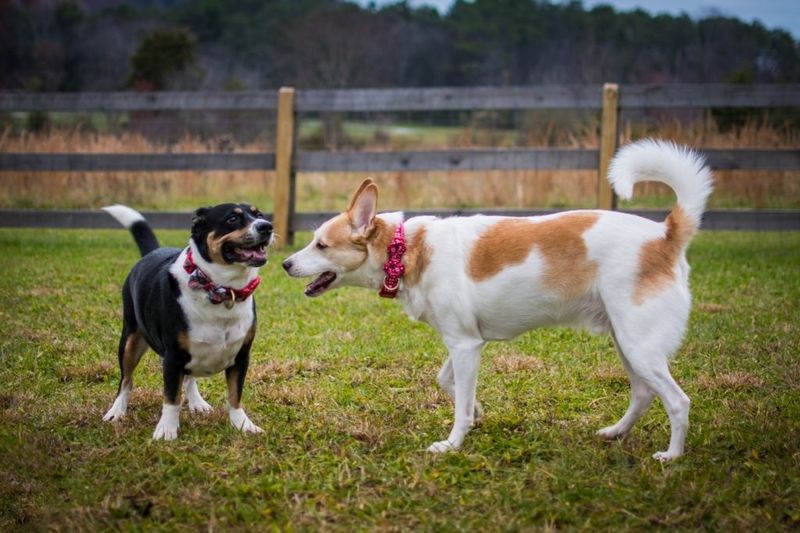
Introduce your pup to the world with socialization. This fun adventure helps dogs learn to interact with other pets and humans.
Enroll in puppy classes or arrange playdates to expose your dog to diverse experiences. A social pup is a happy pup!
4. Leash Training
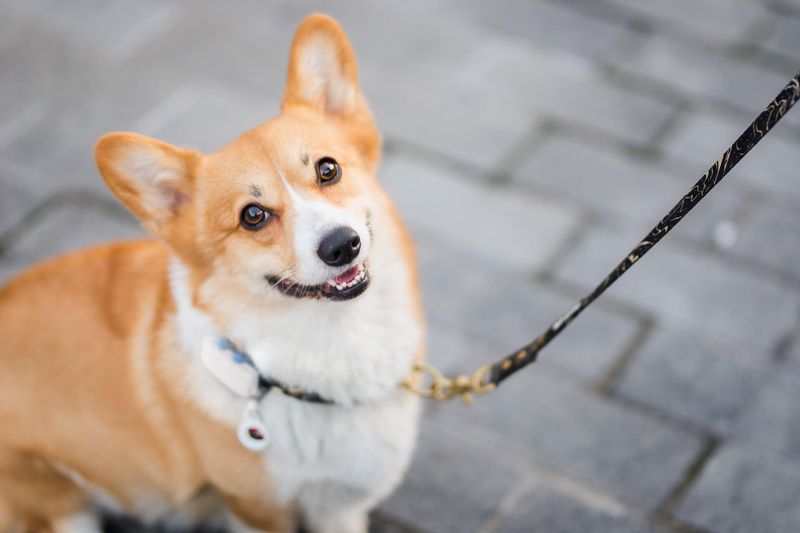
Leash training is your dog’s ticket to outdoor fun. Teaching your dog to walk nicely on a leash opens up a world of exploration without pulling.
Start with short, enjoyable walks, rewarding your pup for staying by your side. Over time, your daily walks will become a joyful routine for both of you.
5. Understanding Body Language
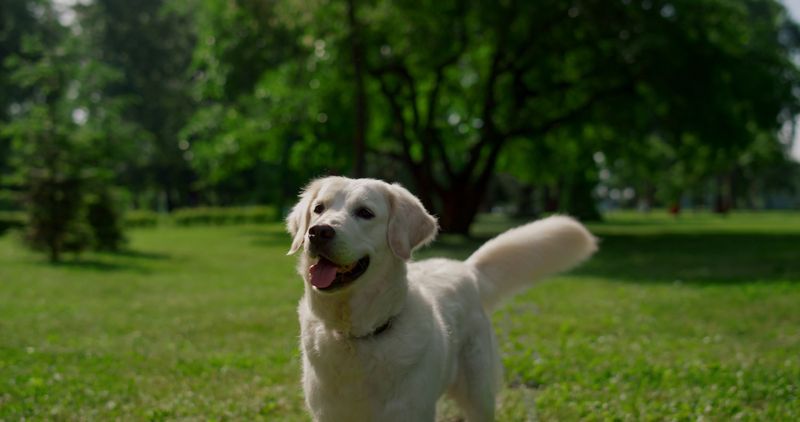
Ever wonder what your dog is thinking? Understanding body language is like learning a new language.
By tuning into these signals, you’ll respond appropriately to your pet’s needs and emotions. It creates a deeper bond between you and your furry friend.
6. Basic Commands
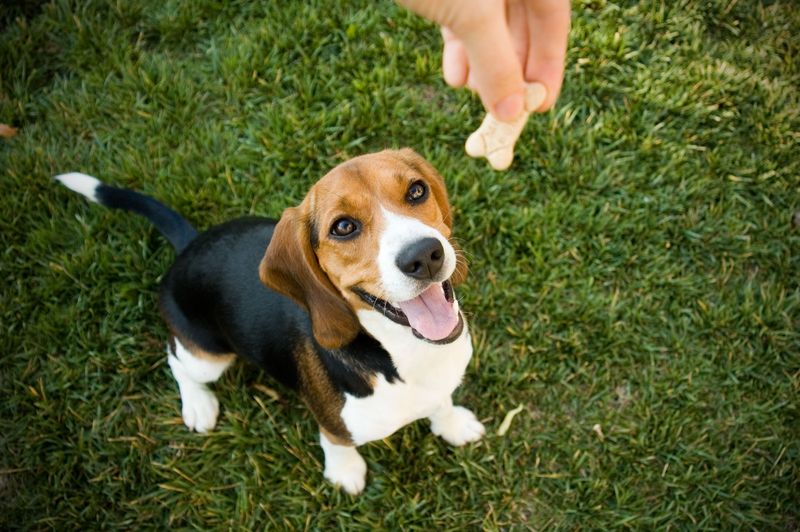
Mastering basic commands is like learning the alphabet of dog training. Sit, stay, and come are essential for communication and safety.
Teach one command at a time with plenty of praise and repetition. Soon, these commands become second nature to your pup, making day-to-day life smoother and more enjoyable.
7. Patience And Persistence
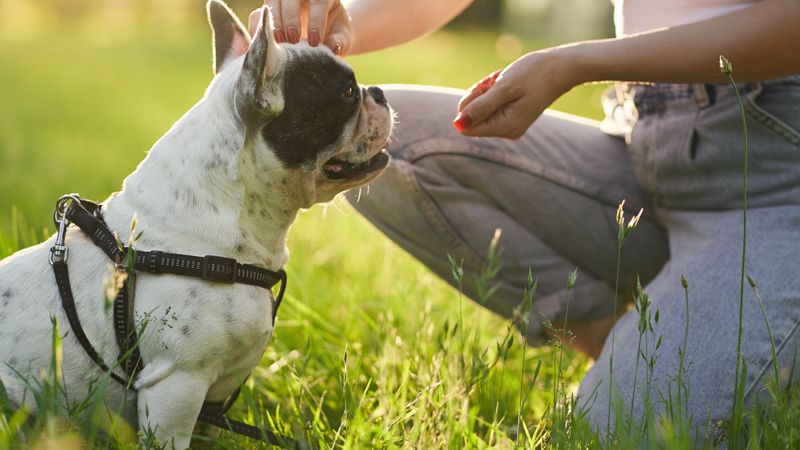
Training a dog is a marathon, not a sprint. Patience and persistence are your best allies in this journey.
Celebrate small victories and stay committed to the process. Remember, every dog learns at their own pace, and your understanding will foster a trusting relationship.
8. Crate Training
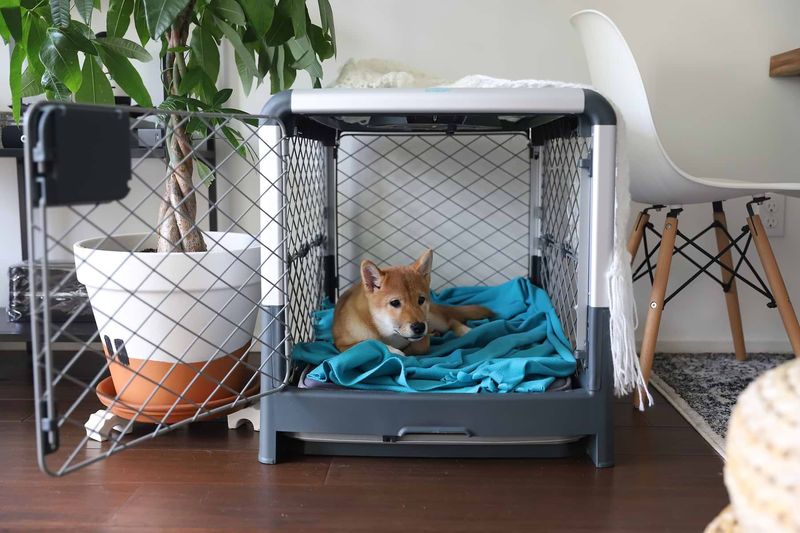
Think of crate training as giving your dog their own personal retreat. It’s not a punishment but a safe space for your pup.
Introduce the crate gradually, making it comfortable and rewarding. Soon, your dog will see it as a sanctuary, perfect for resting and relaxation.
9. Setting Boundaries

Setting boundaries is like drawing a roadmap for your dog. Clear rules help your pup understand limits and expectations.
Consistently apply these rules to prevent confusion and ensure harmony in your home.
10. Mental Stimulation
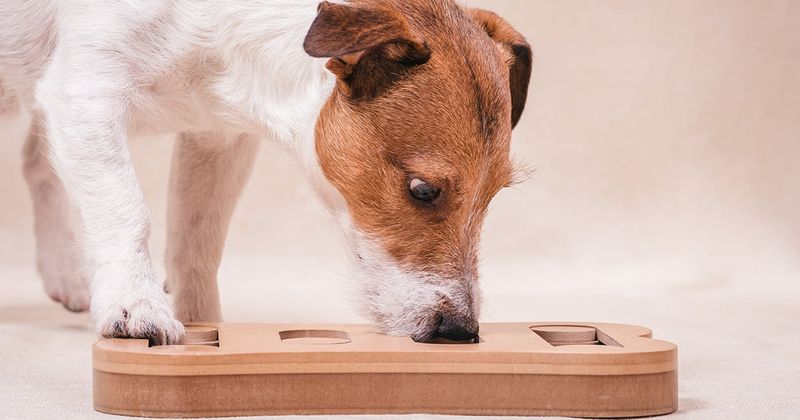
Puzzle toys and engaging games challenge your dog’s brain, preventing boredom. Introduce new activities regularly to keep things exciting.
A mentally stimulated dog is a happy, well-behaved companion, ready for whatever adventure comes next!
11. Healthy Diet
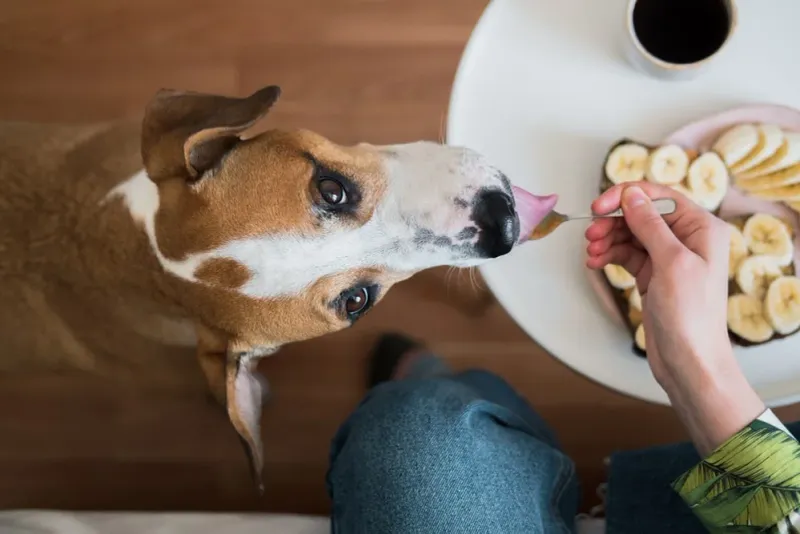
Feeding your dog a healthy diet is like fueling a car with the right gasoline. Quality nutrition supports their overall well-being and behavior.
A well-fed dog is a happy, energetic one, ready for training and play.
12. Exercise Routine

Exercise is the magic elixir for your dog’s happiness. Regular play and walks burn off excess energy, keeping your pup fit and content.
Craft an exercise routine that suits your dog’s breed and energy level. It’s a fun way to bond and ensure your furry friend stays well-behaved.
13. Positive Attention
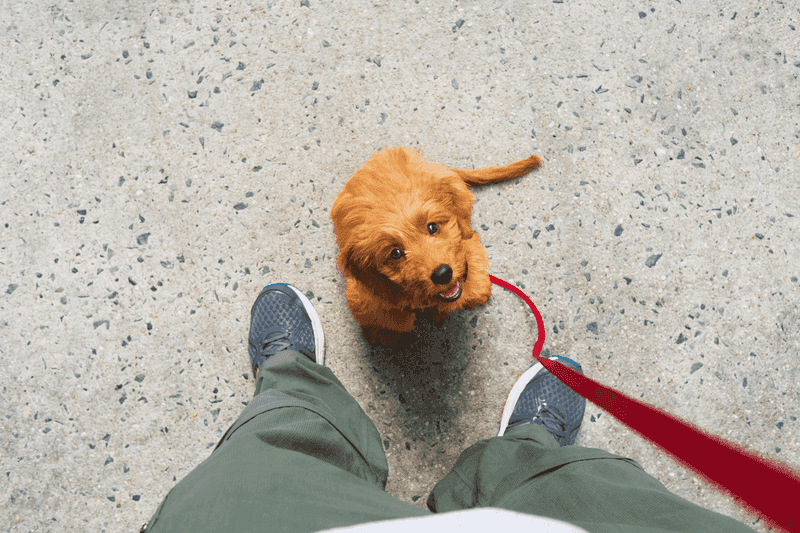
Shower your dog with positive attention. Quality time strengthens your bond and boosts their confidence.
Engage in activities your dog loves, whether it’s a game of fetch or a cozy snuggle. Your presence and affection are the best rewards for your loyal companion.
14. Avoiding Negative Reinforcement

Negative reinforcement can harm your dog’s trust. Instead, focus on positive methods to guide behavior.
Understanding what doesn’t work is vital to nurturing a loving relationship. Compassion and empathy are your tools to build a respectful partnership with your dog.
15. Regular Vet Visits

Think of regular vet visits as wellness checks. They ensure your dog stays healthy and happy.
Routine check-ups catch potential issues early, giving your dog a longer, joyful life. Your vet is a key ally in your journey to raising a well-behaved dog.
16. Understanding Individual Needs
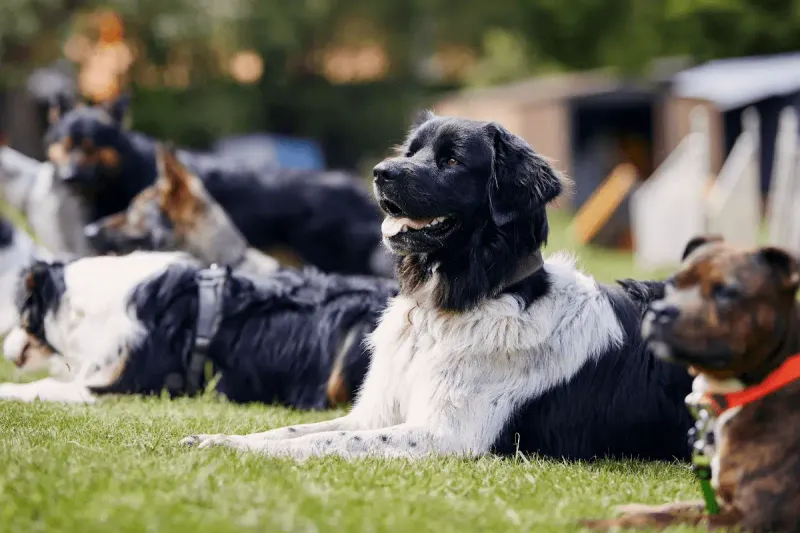
Every dog is unique, with individual needs and quirks. Understanding these differences enriches your relationship.
Observe your dog’s behavior and adapt your training methods accordingly. Embrace the special personality traits that make your dog one-of-a-kind.






